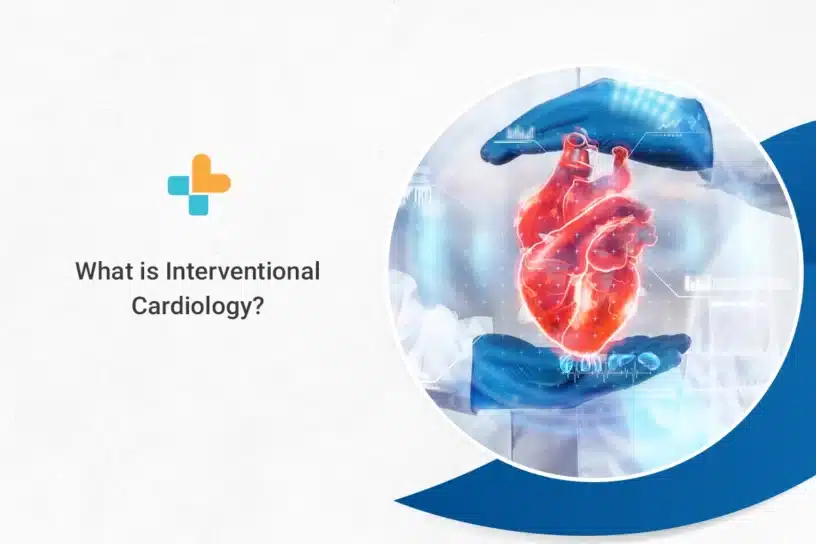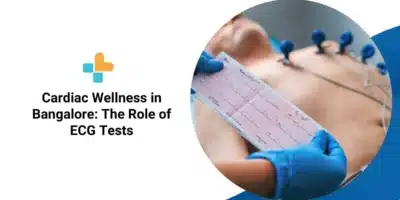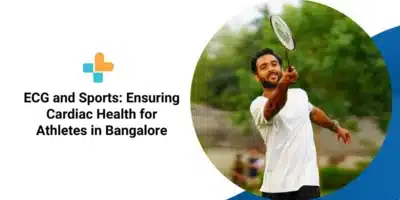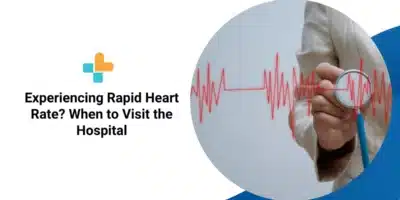Heart health is one of the most vital aspects of an individual’s overall well-being.
Ensuring the heart’s optimum functioning and care has been the crux of many medical professionals’ fields of study. One area that’s particularly been a blessing for people with heart problems is cardiology.
The field of cardiology has made great strides in the past few decades, particularly in interventional cardiology.
This article will explore what interventional cardiology is, how it’s different from other fields of cardiology, and answer some frequently asked questions.
Let’s begin.
What is Interventional Cardiology?
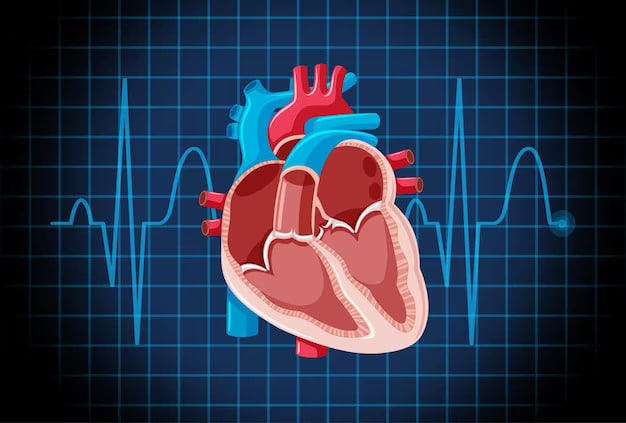
Interventional cardiology is a subspecialty of cardiology that deals with diagnosing and treating heart conditions using catheter-based (a catheter is a tube inserted into an artery to remove blockage) procedures and specialized imaging techniques.
Interventional cardiologists carry out procedures like angioplasty and stenting to open blocked arteries and restore blood flow to the heart. They do not perform open heart surgery.
Differences Between Interventional Cardiology, General Cardiology, and Cardiac Surgery
General cardiologists, interventional cardiologists, and cardiac surgeons all play different roles. Yet, they’re linked in their care and management of patients with heart conditions.
General cardiologists are typically the first line of defence — diagnosing and managing heart disease primarily through medication and lifestyle modifications.
Interventional cardiologists and cardiac surgeons take over when invasive procedures become necessary. However, interventional cardiologists use minimally invasive procedures compared to cardiac surgeons.
The following table explains the main differences between these three fields of cardiology:
| Interventional Cardiology | General Cardiology | Cardiac Surgery | |
| Focus | Catheter-based procedures for heart conditions | Diagnosing and managing heart conditions | Open heart surgery, transplant, bypass |
| What’s Treated | Heart valve disorders, coronary artery disease | Heart disease, hypertension, arrhythmias | Advanced heart disease, congenital heart defects |
| Treatment Style | Minimally invasive | Non-invasive | Invasive |
| Training | 1–2 years of additional training after general cardiology | Cardiology residency after medical school | Additional training in surgery beyond general cardiology |
What Kind of Specialized Training Does Interventional Cardiologist Undergo?
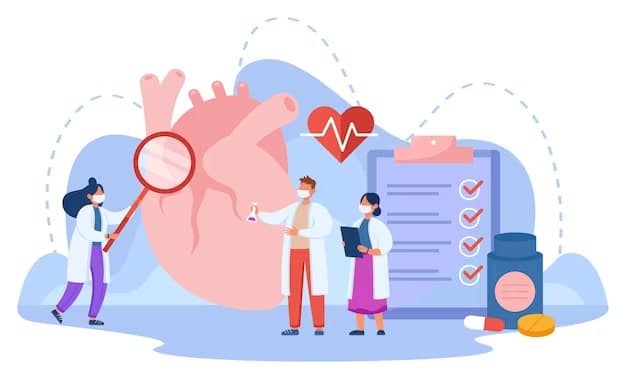
To become an interventional cardiologist, a person will have to go through the following training:
- Obtain a medical degree (MBBS) from an accredited medical school in India or abroad.
- Pass the Medical Council of India (MCI) screening test for foreign medical graduates, if applicable.
- Finish a postgraduate degree in cardiology, such as a Doctor of Medicine (MD) or a Diplomate of National Board (DNB) in cardiology, which takes around three years to complete.
- Complete a fellowship in interventional cardiology, which takes 2–3 years.
- Pass the National Board of Examinations (NBE) certification exam in interventional cardiology.
- Obtain a valid medical licence from the Medical Council of India (MCI) or the state medical council in which they wish to practise.
The Interventional Cardiology-Body Connection
Your heart is the hub of your circulatory system. It pumps blood to all your vital organs and throughout the body. So, any issues in the heart affect the functioning of your other organs and can have far-reaching effects.
By treating blocked arteries and allowing the heart to pump blood efficiently, interventional cardiology, in a way, treats the rest of your body. This is just one example of interventional cardiology procedures.
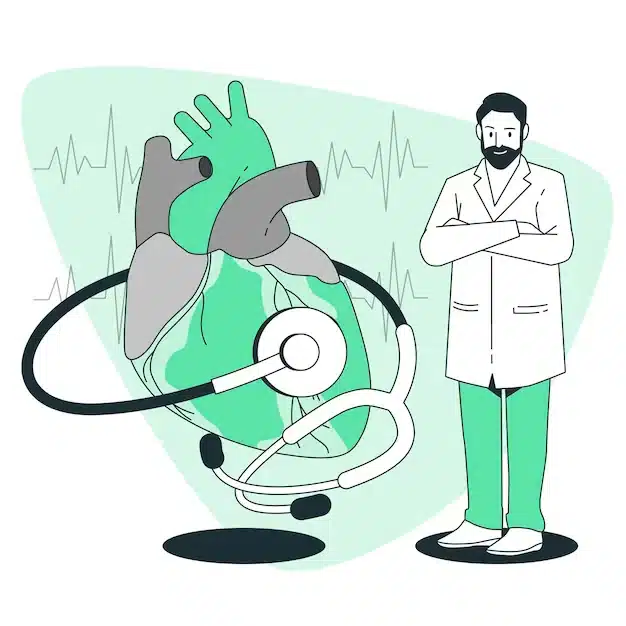
What is the Range of Cardiac Conditions that Interventional Cardiologists Treat?
Interventional cardiologists treat a wide range of heart-related conditions. These include coronary artery disease (a condition where the arteries to the heart are blocked), heart valve disorders, and some congenital heart defects.
They perform procedures that reduce the risk of stroke in patients with heart diseases.
Interventional cardiologists also aid with the insertion of devices like pacemakers and defibrillators.
Interventional Cardiology Tests and Procedures
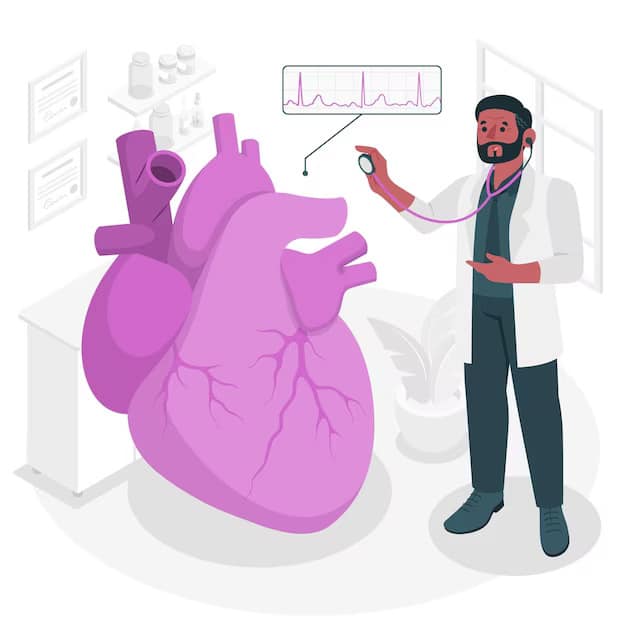
Here is a list of tests and procedures interventional cardiologists perform.
Tests
- Chest X-ray
- Computed tomography (CT) of coronary arteries
- Heart MRI
- Intracardiac echocardiogram
Procedures
- Alcohol septal ablation
- Angiogram (peripheral or coronary)
- Angioplasty
- Atrial septal defect closure
- Cardiac catheterization
- Coronary atherectomy (plaque removal)
- Fractional flow reserve (FFR) measurement
- Heart valve replacement and repair
- Intravascular ultrasound (IVUS)
- Left atrial appendage closure
- Optical coherence tomography (OCT)
- Patent foramen ovale closure
- Renal denervation (damaging renal artery nerves to lower blood pressure)
- Stent placement
- Thrombolysis
Cardiovascular Imaging
Interventional cardiologists use many cardiovascular imaging techniques to diagnose and treat heart and vascular conditions.
To perform imaging, they use sophisticated imaging technologies and methods like the following:
- Echocardiography: Using ultrasound waves to create detailed images of the heart’s structure and function. It can visualize the heart’s valves, chambers, and blood flow patterns.
- Cardiac catheterization: Involves the insertion of a thin tube, or catheter, into a blood vessel that leads to your heart for imaging and treatment.
- Computed tomography (CT) scan: Detailed scanning of the heart and its blood vessels to identify blockages in the arteries, analyze heart structure, and evaluate the results of surgeries.
- Magnetic resonance imaging (MRI): Strong magnetic field and radio waves to create detailed images of the heart and blood vessels to evaluate the size and function of the heart’s chambers, thickness and movement of the walls, extent of damage from heart diseases, or inflammation/infection.
- Intravascular ultrasound (IVUS): Involves inserting a miniature ultrasound probe into the coronary arteries to visualize the interior of the arteries.
- Optical coherence tomography (OCT): A light-based catheter imaging system that provides extremely high-resolution images of the interior of the coronary arteries.
Also Read : MICS: Revolutionizing Cardiac Surgery with Minimally Invasive Techniques
Find the Best Interventional Cardiology Care at Ayu Health
Interventional cardiology has come a long way in developing minimally invasive and highly effective procedures that tackle heart problems. This growing field will continue to spearhead more effective forms of treatment in the future.
If you or a loved one are suffering from a heart-related illness, we invite you to seek the best medical care at Ayu Health Network of Hospitals.
Our Fixed-Price Package ensures strict transparency in pricing, so you needn’t worry about hidden costs or extra fees.
Visit our Ayu Health website to learn more.
FAQs
What is the Most Common Procedure Done by Interventional Cardiologists?
Catheterization is the most common procedure done by interventional cardiologists. It involves inserting a sheath into the wrist or groin artery and passing a catheter (a special tube) into the heart. The catheter then opens a blocked artery with a balloon or stent (a metal sleeve that opens up the artery from within).
How is Interventional Cardiology Different from Regular Cardiology?
Interventional cardiology is different from regular cardiology in that interventional cardiologists are trained to perform specific minimally invasive procedures that regular cardiologists aren’t trained in.
Can an Interventional Cardiologist Perform Open-Heart Surgery?
No, an interventional cardiologist cannot perform open-heart surgery. That’s mainly because they are not trained in invasive surgical procedures.
When Should You See an Interventional Cardiologist?
You should see an interventional cardiologist if you have heart-related problems that make you feel dizzy, tire you easily, feel short of breath, and experience high blood pressure.
Also watch this video : All you need to know about common Heart Diseases
Our Hospital Locations
Cardiac Surgery Hospitals in Chandigarh | Cardiac Surgery Hospitals in Bangalore | Cardiac Surgery Hospitals in Jaipur | Cardiac Surgery Hospitals in NCR | Cardiac Surgery Hospitals in Hyderabad
Our Doctors
Cardiac Surgery Doctors in Chandigarh | Cardiac Surgery Doctors in Bangalore | Cardiac Surgery Doctors in Jaipur | Cardiac Surgery Doctors in NCR | Cardiac Surgery Doctors in Hyderabad
Reference :
https://www.ahajournals.org/doi/abs/10.1161/01.cir.98.17.1802
https://ayu.health/blog/all-about-coronary-angioplasty/
https://ayu.health/blog/mics-revolutionizing-cardiac-surgery/
https://www.ahajournals.org/doi/10.1161/circ.102.suppl_4.IV-81
https://academic.oup.com/eurheartj/article/39/17/1567/4096421
https://onlinelibrary.wiley.com/journal/1522726x
About the Author
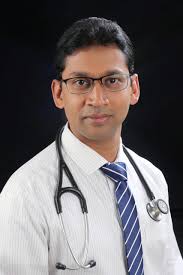
Dr. Magesh Balakrishnan
Dr. Magesh Balakrishnan is a renowned cardiologist currently practicing at Ayu Health, Bangalore.
He has 16 years of experience in this field. He has excellent skills in performing all cardiac diagnostic procedures/ tests. He has performed emergency and elective angiographies and angioplasties, device implantation (Pacemaker, AICD & CRT)

